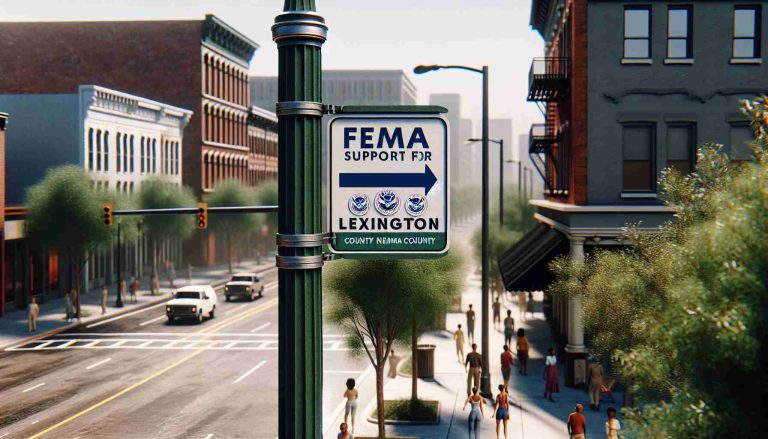Disaster Response
Disaster Response refers to the actions taken to manage the immediate aftermath of a disaster, aiming to provide assistance and relief to affected individuals and communities. This process involves various activities, including search and rescue operations, medical care, provision of food and shelter, and restoring essential services. Disaster response is typically conducted by government agencies, non-governmental organizations (NGOs), and community groups, often in coordination with international aid organizations.
The primary goal of disaster response is to minimize suffering, save lives, and stabilize the situation in the wake of a disaster, which can be natural (such as earthquakes, floods, hurricanes) or man-made (such as industrial accidents, terrorist attacks). Effective disaster response requires clear communication, strategic planning, and the mobilization of resources and personnel to ensure that aid reaches those in need promptly. It often involves assessing the extent of damage, determining resources required, and ensuring that assistance is delivered in a timely and organized manner.









